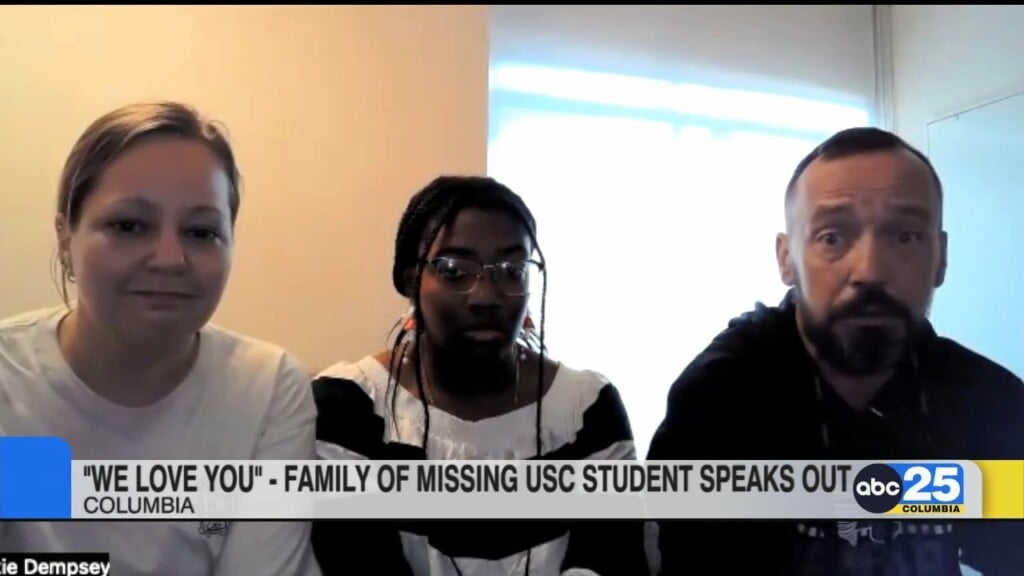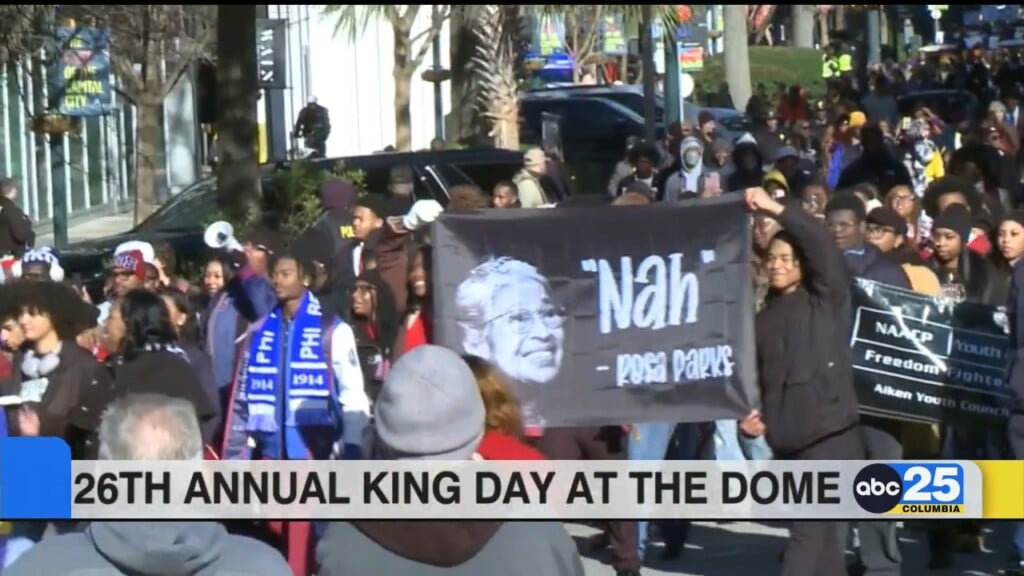Remember the Holocaust, 75 years after Auschwitz was liberated
Monday, Jan. 27, is International Holocaust Remembrance Day.
Columbia, S.C. (WOLO) — Monday, Jan. 27, is International Holocaust Remembrance Day. The day marks 75 years since the largest Nazi death and concentration camp, Auschwitz-Birkenau, was liberated.
“I grew up in Germany. So the history of the Holocaust is really part of who I am,” said Rabbi Sabine Meyer, who is the rabbi at Tree of Life Congregation.
11 million people were killed during the Holocaust in World War II. Six million were Jews, and five million were not. The Holocaust Remembrance Day is a time to honor those killed in the camps during Nazi rule.
“The Holocaust fades into memory more and more, with it being 75 years since the liberation of Auschwitz. We need to educate our younger generations about what happened,” said Meyer. “To us as the Jewish community, it means it’s an important occasion to honor and bear witness and to educate people about the Holocaust.”
As time goes on, it’s important to remember the atrocities of the Holocaust; so history does not repeat itself.
“It is especially important because survivors are dying. The people who are alive now, and who are still eye-witnesses are mostly child survivors. And fewer and fewer students now have the opportunity to actually meet survivors,” said Meyer. “I think it’s also an opportunity to remind us that we all must work together to create a society where all of us can be respected in our diversity, because that’s exactly what didn’t happen in Nazi Germany.”
Meyer said if you ever have a chance to visit one of the camps do so, because seeing the sights were the Holocaust occurred can help you understand.
“Absolutely important that we have the chance to visit these camps, and especially the extermination camps in Poland. Because they boggle the mind even more. That kind of violence, that kind of injustice. These mass murders are almost inconceivable to the human mind,” she said.
In honor of the 75th anniversary of the liberation of Auschwitz, camp survivors laid wreaths for the victims at the camp’s execution wall.

